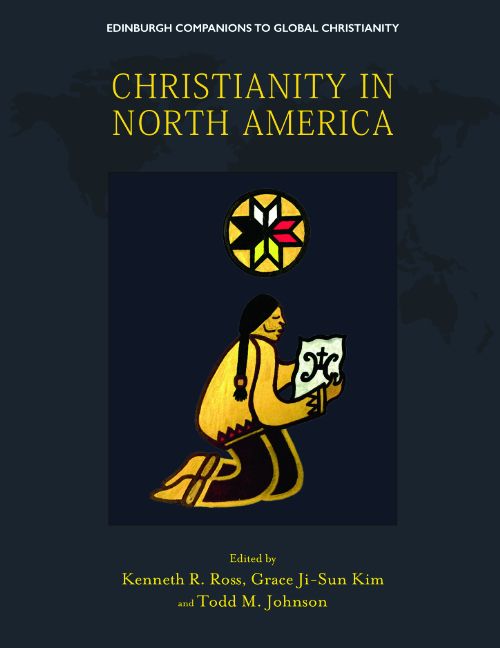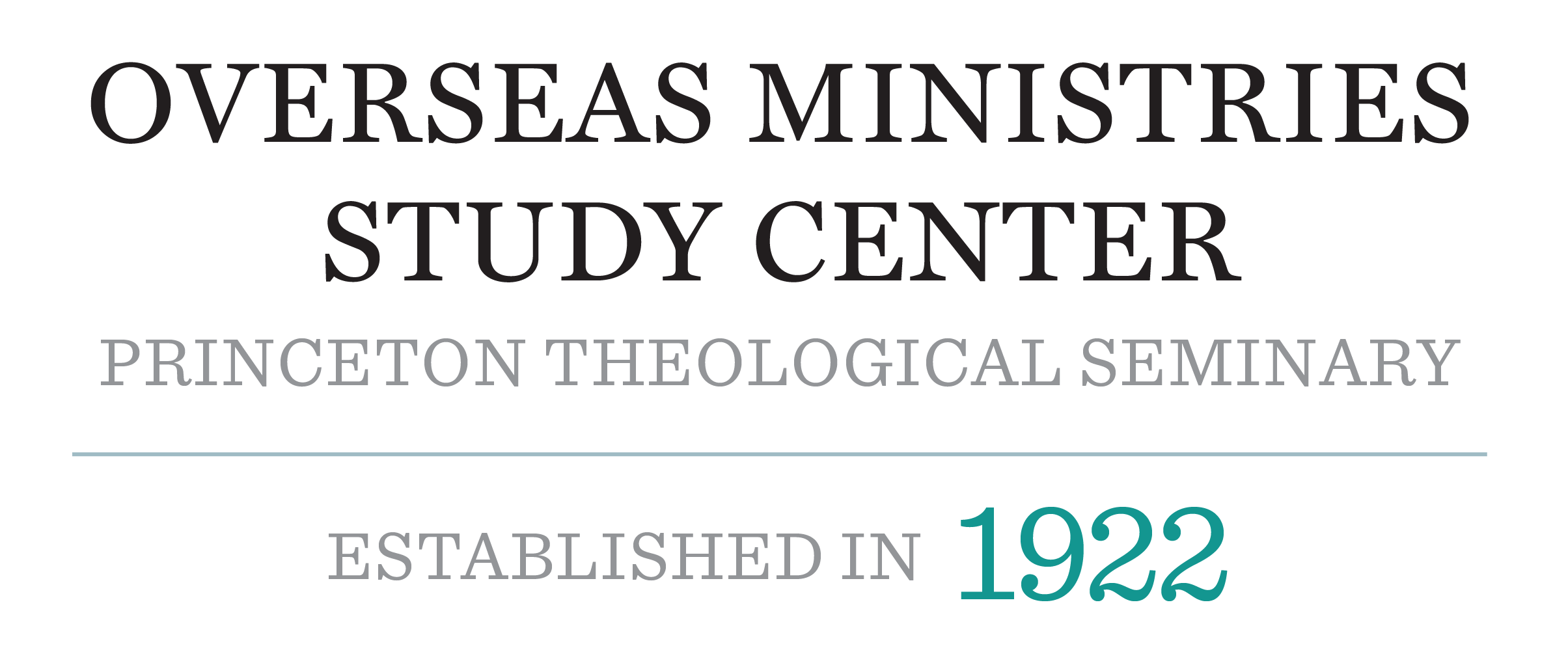by Todd M. Johnson, Ph.D. – Co-Director – Center for the Study of Global Christianity
This post is part of The Occasional’s “Numbers and Trends” series, dedicated to sharing work, analysis, and perspectives from our friends and partners at the Center for the Study of Global Christianity based at Gordon-Conwell Theological Seminary.
 In 2020, just before the pandemic lockdowns, an editorial team met on the campus of Gordon-Conwell Theological Seminary to plan for Volume 7 of the 10-volume Edinburgh Companions to Global Christianity series. We were soon to wrap up Volume 6, Christianity in Latin America and the Caribbean, finishing nearly 200 essays on Christianity in the Global South (Vols 1-6) written by Christians from Africa, Asia, Latin America, and Oceania. Volume 7, however, was Christianity in North America. Our editorial team was contemplating, “What does a Global Christianity series look like when describing the Global North?”
In 2020, just before the pandemic lockdowns, an editorial team met on the campus of Gordon-Conwell Theological Seminary to plan for Volume 7 of the 10-volume Edinburgh Companions to Global Christianity series. We were soon to wrap up Volume 6, Christianity in Latin America and the Caribbean, finishing nearly 200 essays on Christianity in the Global South (Vols 1-6) written by Christians from Africa, Asia, Latin America, and Oceania. Volume 7, however, was Christianity in North America. Our editorial team was contemplating, “What does a Global Christianity series look like when describing the Global North?”
Fortunately, one of the editorial team members was ordained Presbyterian minister and theologian Dr. Grace Ji-Sun Kim. I became familiar with her work several years ago and assigned her text Intercultural Ministry: Hope for a Changing World for one of my courses. I also enjoyed her collaboration with our mutual friend, Dr. Graham Joseph Hill. Their book, Healing Our Broken Humanity: Practices for Revitalizing the Church and Renewing the World points to interaction in diverse communities as the way forward to help heal humanity. Thus, it was a delight when Dr. Kim accepted our invitation to be the editor for our Christianity in North America volume. It was critical for this book to fit a “global Christianity” ethos and Dr. Kim’s concern for voices that could not speak up for themselves was a perfect fit. Drawing from her life-long advocacy for the marginalized, she steered this volume in the right direction. As she writes in her introduction,
“Our study of Christianity in North America through the lens of World Christianity calls particular attention to the voices of the various immigrants who have come to this land and have made it their home. This volume includes Hispanic, Black, Asian American and Native American voices, as these different marginalized groups have all contributed to the development of a Christianity that stands in contrast to the white, dominant heteronormative Christianity. As the North American countries are becoming increasingly diverse through immigration and globalization, a variety of voices bring richness and depth to the analysis. This richness expands our understanding of God, faith and the church, making these marginalized voices pivotal to attaining an accurate picture of North American Christianity today.”

The most important feature of the North America volume is its broad range of authors. With Dr. Kim’s help, we marshalled a diverse group of scholars and practitioners to guide readers through the multiple perspectives that comprise a more robust narrative of Christianity in North America. First and foremost were indigenous voices such as Terry Leblanc and Kimberlee Medicine Horn Jackson. We were grateful to NAIITS An Indigenous Learning Community for permission to reproduce artwork it commissioned from Mi’kmaq artist Marcus Gosse, titled “Sacred Ceremonies.” Our cover features a kneeling person holding a birch bark scroll with the Mi’kmaq hieroglyph representing “The Lord” and the Mi’kmaq eight-pointed Star with the four medicine wheel colors that display unity among all people.
Following are Black, Asian, Latino, and other ethnic minority writers who helped fill out the complex story of Christianity in North America. We were also careful to have a balance of men and women authors. These contributions don’t fit together into a well-coordinated neat portrait of Christianity, nor are they designed to. They highlight various perspectives and aspects of the whole, dismantling the dominant White narrative. Contributors to this volume represent the great ethnic, generational, and gender diversity of the region. Long-standing academics together with young researchers, coming from all corners of the immense North American geography, from various social and human disciplines, contributed to the knowledge of specific problems and realities.
Eight of the book’s chapters are included in the entire Edinburgh Companions series: faith and culture, worship and spirituality, theology, social and political context, mission and evangelism, gender, religious freedom, and inter-religious relations. A further four have been selected by the editorial board specifically for this volume on account of their salience in the North American context: immigration and xenophobia, Christian nationalism, ecology, and media. Christianity formed a prominent part of the ideology that supported the dispossession of Native Americans and the importation of slave labor, mostly from Africa. The painful legacy of these injustices continues to shape North American societies, with racism named as America’s original sin. Our hope, however, is that readers will experience their own reckoning with this ambiguous and conflictive history.
Robert Chao Romero, Associate Professor of Chicano/Latino Studies and Asian American Studies at the University of California, Los Angeles, ends his essay “The Future of Christianity in North America” with these words, “Ecclesial hope springs, however, from the diversity explosion which will increasingly define North American church life and society. Christian immigrants from Africa, Latin America, Asia and the Middle East possess thriving faith and vast treasuries of community cultural wealth which hold promise to revive the church of North America and address the most divisive cultural and political issues of the future.” Our hope is that the volume faithfully represents Christianity in North America through the lens of global Christianity.




